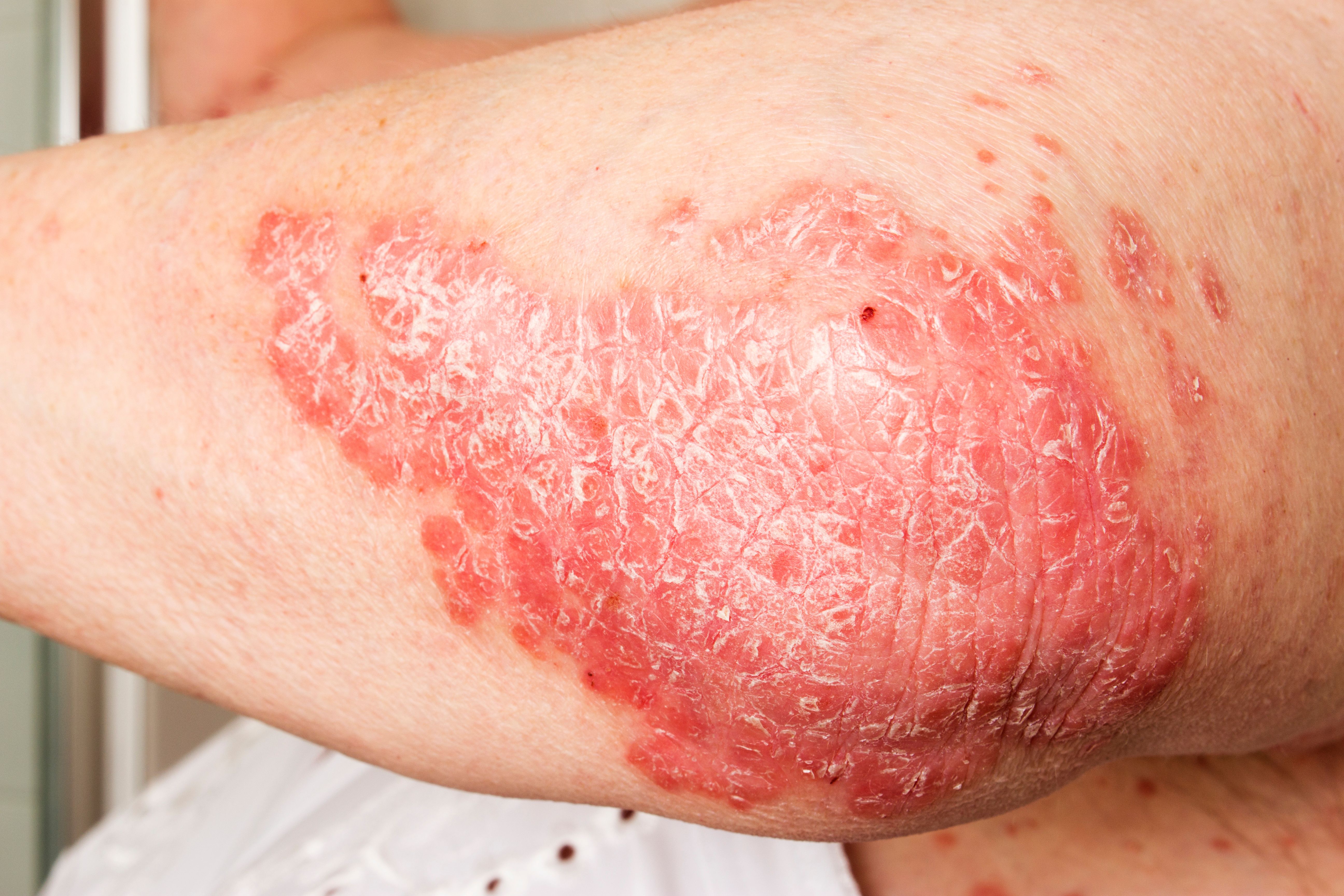- Case-Based Roundtable
- General Dermatology
- Eczema
- Chronic Hand Eczema
- Alopecia
- Aesthetics
- Vitiligo
- COVID-19
- Actinic Keratosis
- Precision Medicine and Biologics
- Rare Disease
- Wound Care
- Rosacea
- Psoriasis
- Psoriatic Arthritis
- Atopic Dermatitis
- Melasma
- NP and PA
- Skin Cancer
- Hidradenitis Suppurativa
- Drug Watch
- Pigmentary Disorders
- Acne
- Pediatric Dermatology
- Practice Management
- Prurigo Nodularis
- Buy-and-Bill
News
Article
Psychological Support for Patients With Psoriasis Significantly Expedites Post-Surgery Wound Healing
Author(s):
A meta-analysis revealed that a post-operative care routine that involves psychological well-being leads to improved patient outcomes.
A recent meta-analysis published in the International Wound Journal revealed that the inclusion of psychological support in the post-surgery period leads to expedited wound healing in patients with psoriasis.
Study authors Wang et al noted that patients with psoriasis often face psychological distress in the form of anxiety and depression, among others. Furthermore, surgical interventions may exacerbate this distress, they wrote.
The analysis began with a collection of data from PubMed, Scopus, Cochrane Library, and Google Scholar through September 2023. Key words included in the search were "psychological interventions," "psoriasis," "wound healing," and "post-surgical."
Selected papers were required to be written in the English language and either be a randomized controlled trial or have observational qualities examining this patient population. Study authors looked for papers that involved the use of clinical markers such as:
- Surgical Wound Healing Score
- Vancouver Scar Scale
- Manchester Scar Scale
- Patient and Observer Scar Assessment Scale
- Wound Healing Index
- Redness, Edema, Ecchymosis, Discharge, and Approximation scale
Upon review and data extraction, all papers also underwent a bias risk appraisal and statistical analysis.
After the identification of 679 records, screening and eligibility assessments ultimately led to the inclusion of 6 studies in total. Study authors reported a low risk of bias upon bias risk appraisal.
A forest plot analysis of the data presented in these papers revealed a significance difference in the average effect of psychological interventions on wound healing at the site of surgical intervention as early as 1 post-operative week (SMD = −3.01, 95% CI: [−4.35, −1.66], p < 0.01).
An analysis of data following up with patients after 1 month of surgical intervention using the Manchester Scar Scale supported the difference presented above. This, Wang et al wrote, is indicative of a significant, strong, and positive effect of psychological interventions on long-term wound healing and overall healing outcomes.
Potential study limitations included the potential of the study methods included in the analysis (heterogeneity, surgery type, psychological intervention type) to impact generalizability and comparability, the limited number of studies included for analysis, potential publication bias despite reviewer efforts, and reliance on self-reported data.
"It is increasingly apparent that the mind–body connection plays a pivotal role in recovery and long-term health outcomes. The positive effects of psychological interventions documented in our study suggest a profound interaction between psychological well-being and physiological healing post-surgery," wrote study authors. "The incorporation of psychological interventions in post-surgical care may represent a paradigm shift in the management of psoriasis patients undergoing surgery. This meta-analysis offers a clarion call for a more integrated approach to healing that transcends the traditional focus on physical recovery alone."
Reference
Wang N, Pei L, Zhang M, et al. The impact of psychological interventions on surgical site wound healing post‐surgery in psoriasis patients: A meta‐analysis. Int Wound J. Published online 2023. doi:10.1111/iwj.14509






